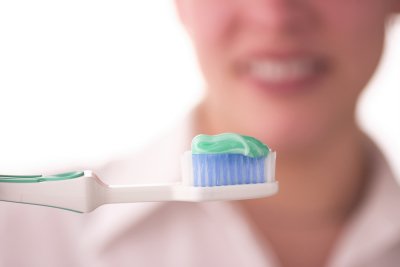Tips for Preventing Periodontal Disease

Periodontal disease isn’t just a risk for your oral health. The bacteria and inflammation that is associated with periodontal disease can affect your heart and lungs, exacerbate high blood glucose levels in people with diabetes, and contribute to low birth weight in babies. If you have periodontal disease in Westlake, it is important to see your dentist or periodontist right away for care. If you don’t already have periodontal disease or want to prevent a future recurrence, follow these tips to protect your gums and your overall health.
Brush and Floss Regularly
Brushing and flossing your teeth is one of the most important steps you can take to prevent periodontal disease. When you brush, you remove the sticky film of plaque from the surfaces of your teeth that contains acid-producing bacteria that cause gum infections. Flossing helps to remove plaque and bacteria from parts of your teeth that your toothbrush can’t reach. Brush at least twice per day, and consider brushing after every meal. Floss at least once per day. Ask your dentist if you should also include mouthwash in your oral hygiene routine. Mouthwash helps to further remove the debris left behind by brushing and flossing.
See Your Dentist
It is impossible to remove all of the plaque and bacteria from your teeth at home. Any plaque that is left behind turns into tartar, a hard substance that must be removed by your dentist. See your dentist twice every year, or more often if he or she recommends. During your dental cleaning, your dentist will look for early signs of periodontal disease, so you can take steps to reverse it before it becomes severe.
Know Your Risk Factors
There are several risk factors for periodontal disease. Some, such as age and heredity, you cannot control, but some you can. Smoking dramatically increases your risk of periodontal disease, so talk to your dentist about ways to quit. Eating a diet high in sugar can also contribute to periodontal disease, as can health conditions such as diabetes, and certain medications. Make sure your dentist knows your complete health history so he or she can recommend periodontal screenings as necessary.
